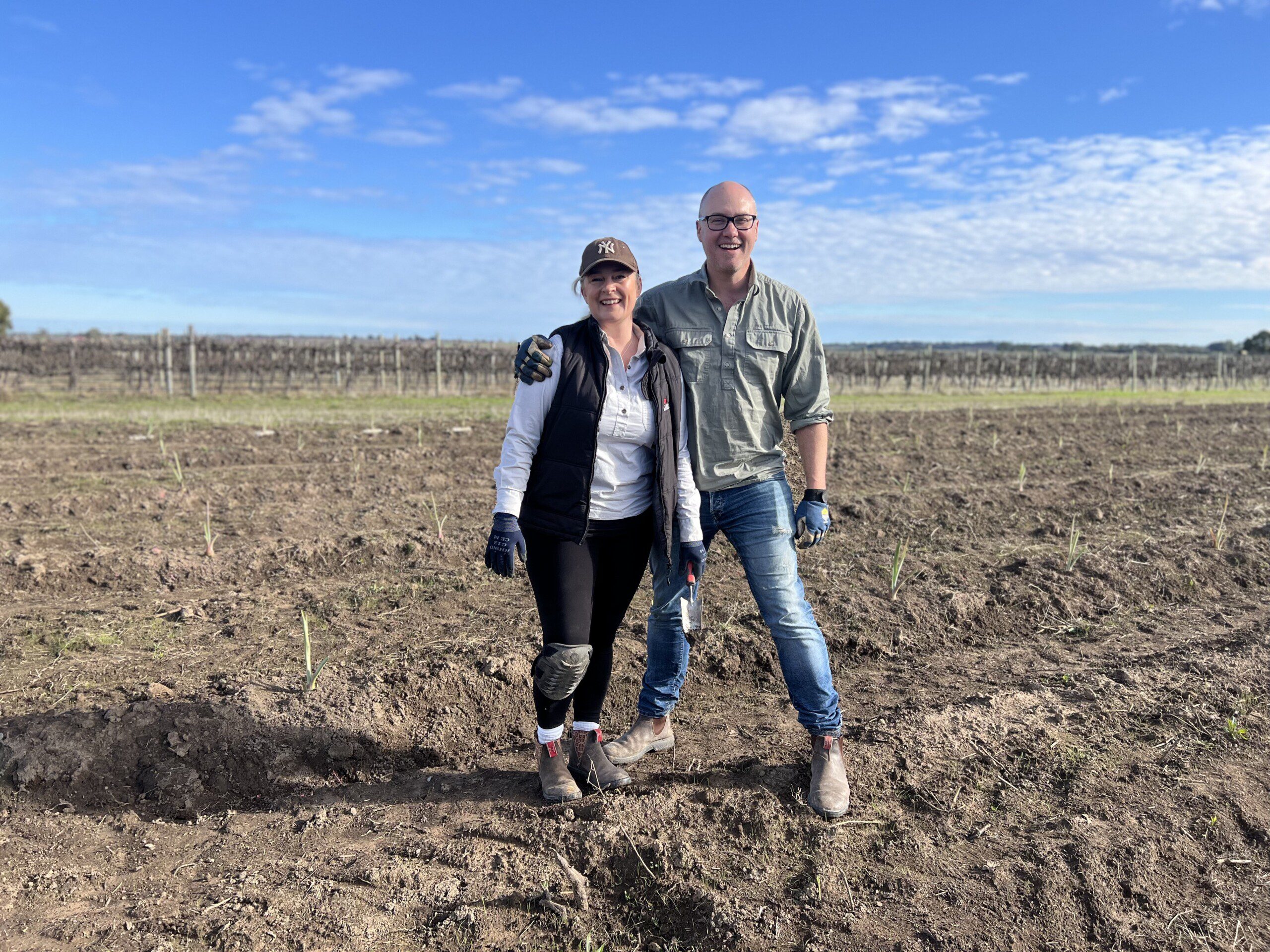
Plant-based technology company Vircura, working in conjunction with The Madgett’s Block, has planted the first commercial agave crop in South Australia.
It is growing the hardy plants to primarily produce agave spirit.
The site will grow 1,200 agave tequilana plants, also known as blue agave which is the key ingredient in tequila, and only grown and distilled in certain areas of Mexico.
In Australia, it can be used to make agave spirit.
Vircura general manager Adam Djekic said the plants would take between three and six years to grow, and once at maturity, they would partner with The Madgett’s Block owners Oli and Tara Madgett to find a buyer interested in distilling.
“Agave crops are completely new to South Australia and we see it as an emerging commercial industry,” Mr Djekic said.
“Tequila is one of the fastest-growing spirits popularity-wise internationally, and it is an industry which could grow significantly in Australia over the coming years.”
Mr Djekic said winegrape growers had faced some challenging times, particularly with grape gluts and with changing international markets.
“Agave could provide a new direction for many grapegrowers who want to stay in agriculture but are questioning their future viability or wanting to diversify.”
Vircura chief scientific officer Professor Rachel Burton, a specialist in plant molecular biology and functional genomics, has been working on emerging plant species including agave, which can also be used to produce bioethanol.
“Agave is a wonder plant that has many uses and is hardy and drought resistant, making it perfect for our climate. The tequilana plants should thrive in the soils of the McLaren Vale basin,” Dr Burton said.
“There are many uses for the agave plant, including processing for bioethanol, hydrogen production or distillation for spirits.
“By growing crops in South Australia and showing the agricultural community that it’s a hardy plant which grows well here, we might encourage others to join an emerging industry where there are significant opportunities.”
The site is also being used for research and development, with the Madgett’s growing other varieties, potentially testing how by-products can be used and how strategic planting can lead to more sustainable farming practices.
Mr Madgett, who grows grapes at Willunga on the family vineyards and is a specialist in carbon capture in soils and agritech ecosystems, said he had had to pull some vines because they were no longer economically viable and was looking for a sustainable crop to plant.
He said agave was logical to grow because it required less maintenance than other crops – with low water requirements and no pesticide use – and the plant was versatile.
“We were looking at what we could do with our land and how we could make it sustainable,” Mr Madgett said.
“Wine grapes have relatively high inputs and our vines were A-grade, which meant we were hand- pruning and picking and watering. Having a three to six-year growth period with agave allows us to put all of the building blocks together and help create a strong and sustainable industry, without too many touch points.”
As well as distilling, the plant can also be converted to silage for stock feed and potentially the fibres used in building materials, similar to industrial hemp.
Mr Madgett said it was also fire resistant, which meant it could be strategically planted as a firebreak around vineyards or in other regions to protect crops from bushfires.
Photo: The Madgett’s Block owners Oli and Tara Madgett






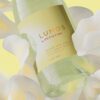

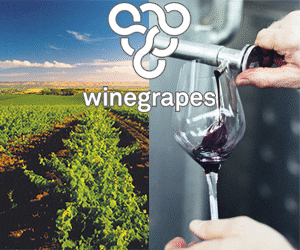
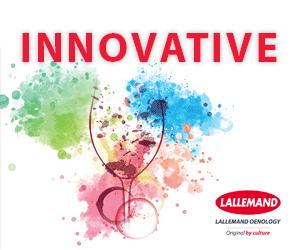

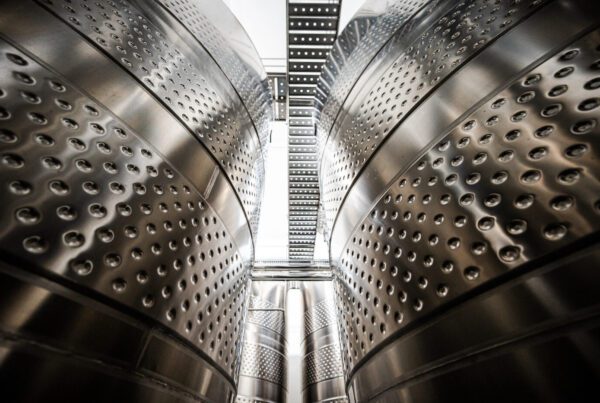
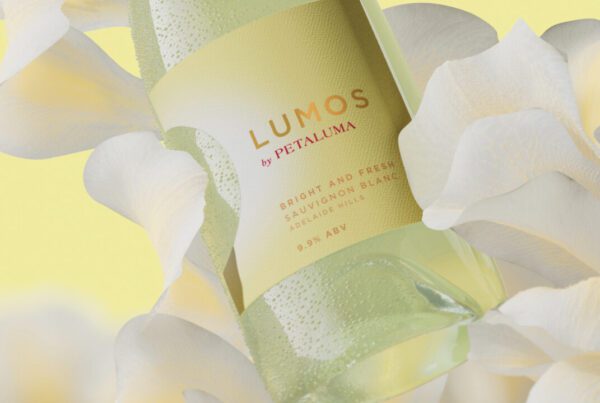
Recent Comments